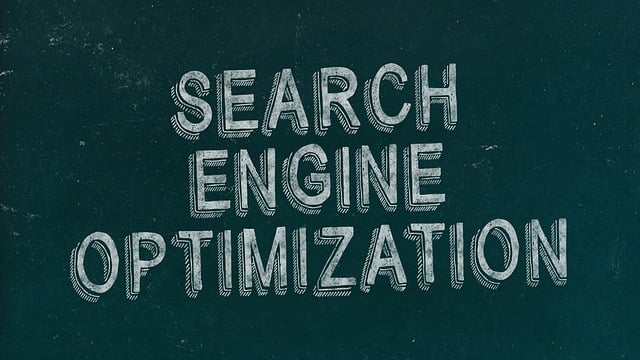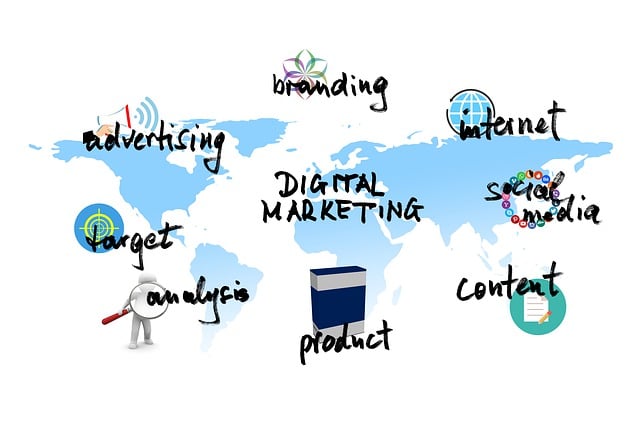AI coaching programs tailored for vehicle repair entrepreneurs are revolutionizing customer service through efficient scheduling, real-time updates, and virtual assistance from AI chatbots. These programs enhance satisfaction, enable owners to focus on complex tasks, improve resource allocation, and foster stronger client relationships. By implementing AI tools like chatbots and natural language processing, business owners can automate processes, streamline operations including inventory management and estimate generation, and leverage data analysis for improved predictive capabilities, ensuring their businesses remain competitive in the digital era. Success is measured through KPIs focusing on customer satisfaction, retention, and operational efficiency, with metrics such as response time, resolution rate, and customer feedback scores indicating the positive impact of these programs.
In today’s digital age, integrating AI into customer service is no longer an option but a necessity for vehicle repair businesses aiming to thrive. This article explores powerful AI strategies that transform the way repair shops interact with customers, enhancing satisfaction and loyalty. From improving operational efficiency through AI coaching programs to implementing intelligent chatbots, we’ll guide vehicle repair entrepreneurs on leveraging technology to stay competitive. Discover key performance indicators to measure the success of your AI-driven customer service initiatives.
- Enhancing Customer Experience: AI's Role in Vehicle Repair Support
- Training and Implementing AI: Strategies for Vehicle Repair Entrepreneurs
- Measuring Success: Key Performance Indicators for AI-Driven Customer Service
Enhancing Customer Experience: AI's Role in Vehicle Repair Support

At the heart of every successful vehicle repair business lies a commitment to exceptional customer service. Artificial Intelligence (AI) is revolutionizing how these businesses interact with their clients, offering unprecedented opportunities to enhance the overall experience. By implementing AI coaching programs tailored for vehicle repair entrepreneurs, shops can streamline communication, provide faster responses, and offer personalized recommendations.
These AI-driven strategies enable efficient scheduling, real-time updates on service status, and even virtual assistance during repairs. Through natural language processing (NLP), AI chatbots can answer common queries, guide customers through the process, and collect feedback—all while humans focus on more complex tasks. This not only improves customer satisfaction but also allows repair shops to allocate resources more effectively, ultimately fostering stronger relationships with their clientele.
Training and Implementing AI: Strategies for Vehicle Repair Entrepreneurs

Training and implementing AI offers vehicle repair businesses a competitive edge in today’s digital landscape. Entrepreneurs can leverage AI coaching programs tailored to their unique needs, providing comprehensive training on integrating AI tools into day-to-day operations. These programs equip owners with the knowledge to automate repetitive tasks, enhance diagnostic accuracy, and personalize customer interactions using chatbots and natural language processing.
By embracing AI, vehicle repair entrepreneurs can streamline scheduling, inventory management, and estimate generation. Moreover, AI enables them to analyze vast amounts of data from past repairs, improving prediction capabilities and enhancing overall business efficiency. With the right AI coaching, these entrepreneurs can future-proof their businesses, ensuring they remain competitive and relevant in an increasingly tech-driven market.
Measuring Success: Key Performance Indicators for AI-Driven Customer Service

Measuring success is paramount in evaluating the effectiveness of AI-driven customer service strategies, especially within dynamic sectors like vehicle repair. Key Performance Indicators (KPIs) for AI coaching programs should focus on enhancing customer satisfaction and retention while optimizing operational efficiency. Metrics such as response time, resolution rate, and customer feedback scores become critical indicators.
For instance, a reduction in average wait times for service inquiries can demonstrate the success of AI in streamlining processes. Similarly, tracking the accuracy of initial diagnostic predictions by AI systems can highlight their value in pre-emptive problem resolution. High customer satisfaction ratings post-service interactions further validate the positive impact of AI coaching programs tailored for vehicle repair entrepreneurs.
AI coaching programs offer a transformative opportunity for vehicle repair businesses to enhance customer satisfaction and stay ahead in the market. By implementing AI strategies as discussed, entrepreneurs can streamline operations, provide 24/7 support, and deliver personalized experiences. Measuring success through key performance indicators ensures the effectiveness of these innovations, allowing businesses to adapt and grow in the digital age. Embracing AI-driven customer service is not just a trend but a necessity for modern vehicle repair shops.
